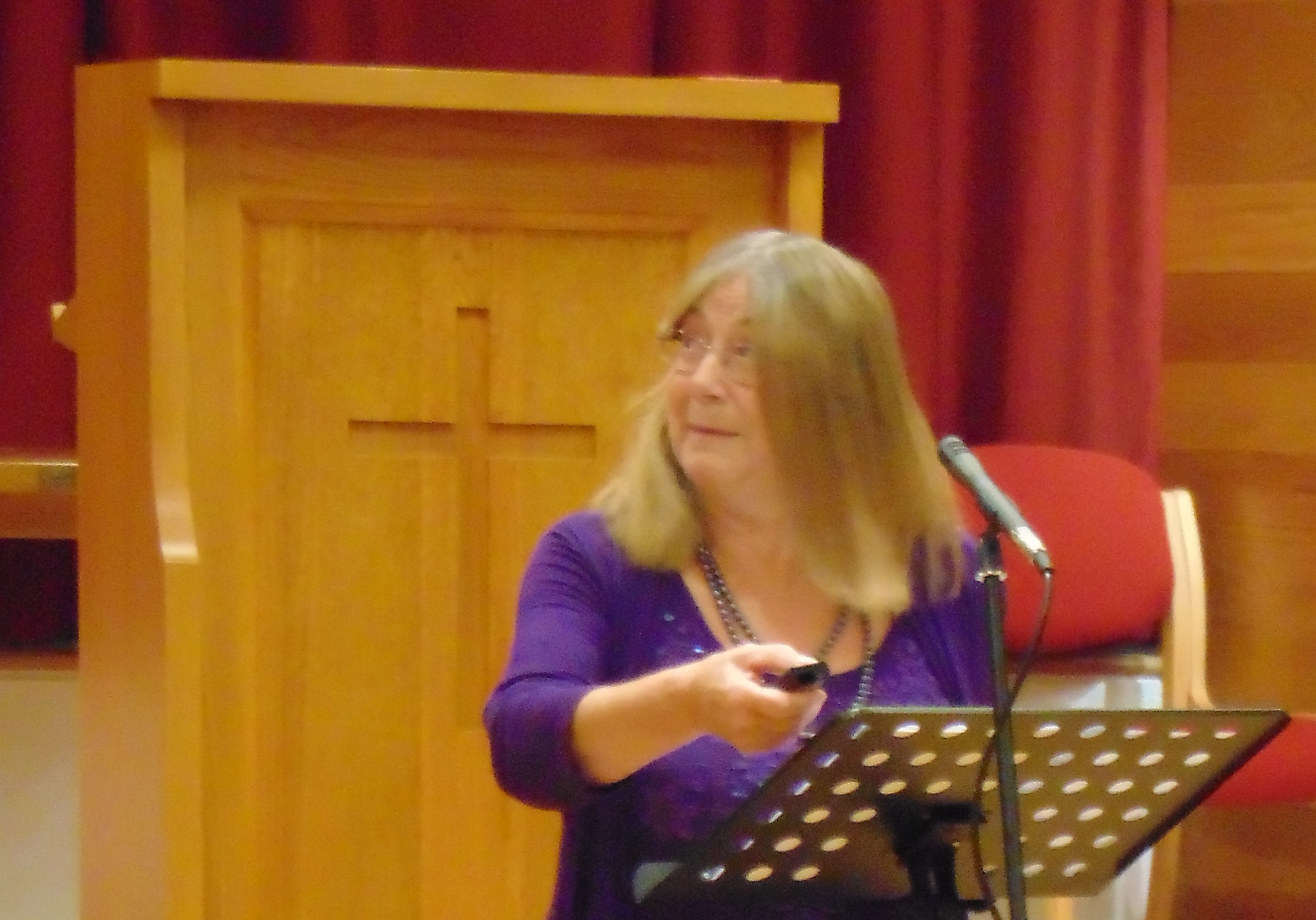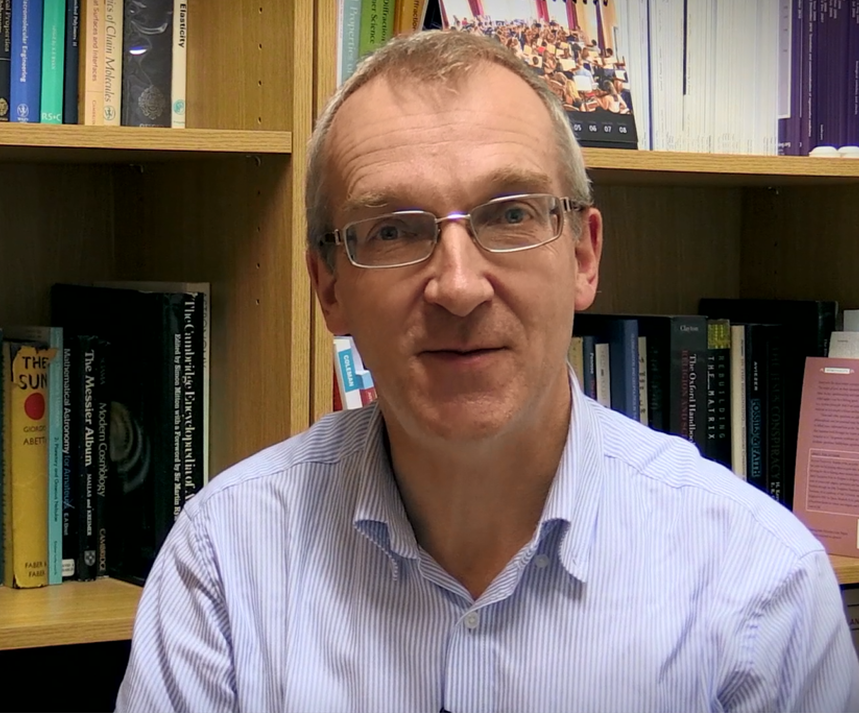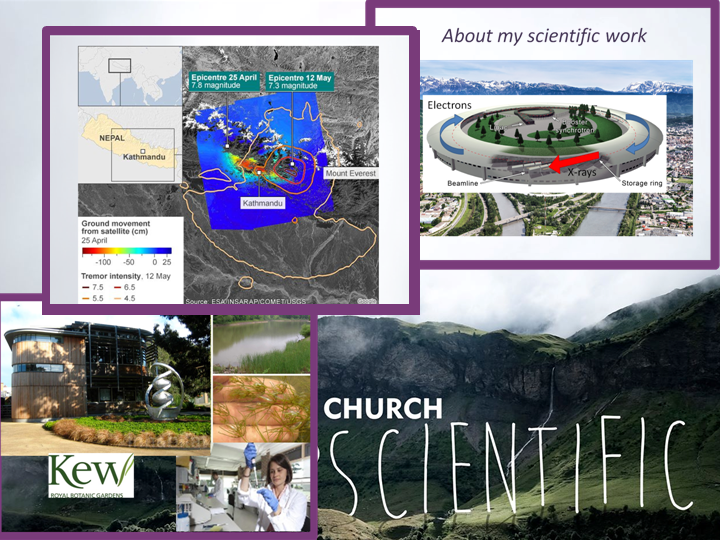Church Scientific was publicly launched on 25 October 2016. We heard from Dr Elaine Storkey and Prof. Tom McLeish, as well as seven local science students and researchers who introduced themselves and their projects.
Elaine Storkey: Could a Christian worldview make me a better scientist?
Elaine Storkey is a philosopher of science and a sociologist. Her talk took us speedily through a story of philosophical views of science. Starting with an approving nod to St Augustine of Hippo, who famously said “Crede ut intelligas” (“Believe in order that you may understand”), she traced the rise of the view that humans can understand the world without any particular guiding beliefs. After casting doubt on Descartes’ attempt at radical scepticism, she looked at the turn towards positivism in the 19th century and the eventual realisation that this made it as meaningless to declare oneself an atheist as a theist. Thomas Kuhn’s portrayal of sciences as displaying a series of paradigms offered an apparently realistic account of scientific progress – except that it became difficult to know if it really was progress anymore.
That’s just a taste! We hope that a recording of Elaine’s talk will be available soon.
Tom McLeish: How could a Christian worldview assist in doing science?
While unable to join us in person, Tom McLeish recorded some thoughts for us on a video clip. You can watch this here.
Tom is the author of Faith And Wisdom in Science (now available in paperback), which has inspired some of the thinking in Church Scientific, and of a new book “Let There Be Science“, co-authored with David Hutchings.
Christians doing scientific work in Leeds
Finally, we heard from some local scientists: PhD students and post-doctoral researchers who each introduced themselves and said something about their faith and their scientific projects. Most of these people are participating in the series of November workshops now underway. Their projects include:
- A mathematical physics investigation into waves that travel very slowly through large bodies, like planets and stars
- Post-doctoral research into drilling deep into the ground for oil – or to store carbon
- Examining the historical development of the UK National Grid
- Studying the history of plant breeding – e.g. producing hybrid crops
- Work on the physics and chemistry of materials and their crystallization
- Studies of earthquakes and the geological faults where they occur
- Research into people’s behaviour as regards protecting the environment and using fossil fuels



.








